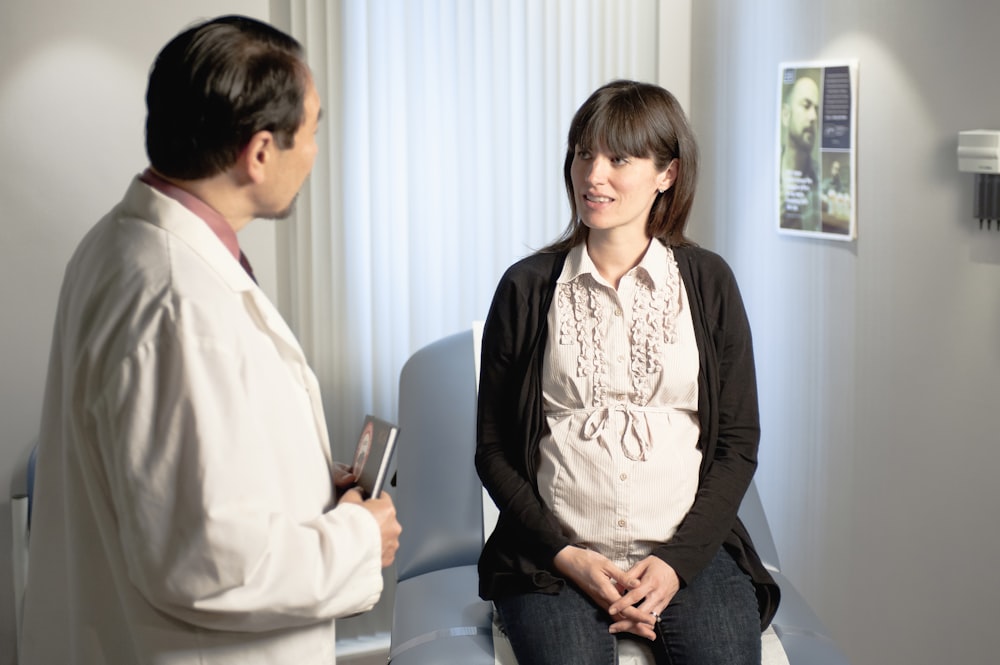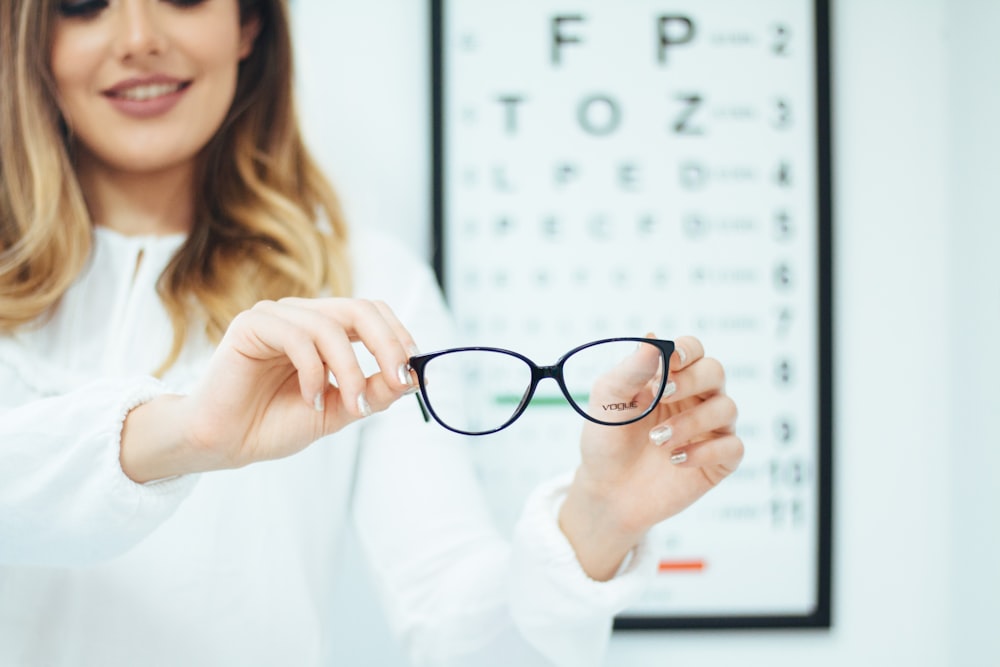Women’s healthcare needs change dramatically as they progress through life. You may require the services of several doctors depending on your needs. For primary care, you may need to see multiple doctors. You could also see a doctor just for gynecologic care and not for anything else.
It’s a smart idea to have questions ready for your doctor when you go in. The questions to ask will vary depending on the type of care you will receive.

Consultation with a primary care physician
Many women see their primary care provider (PCP) as their primary doctor. PCPs are frequently either internal medicine or family medicine doctors. They treat common ailments like minor infections and colds. Chronic diseases including asthma, diabetes, and high blood pressure are also managed by them.
They act as a hub for your medical care. Your primary care physician keeps a record of your entire medical history. Most primary care physicians, based on their training, can manage the majority of women’s health issues. Many family medicine doctors are also obstetricians and gynecologists. Specific types of insurance require a referral from your primary care physician before you can see a specialist.
Seeing a gynecologist
A gynecologist is a physician who specializes in female reproductive organs. The American College of Obstetricians and Gynecologists provides recommendations that young women from age 13 to age 15 have their first visit for reproductive health. Women may return once a year or as required after that.
A pelvic exam or Pap smear and any other tests you require may be performed by your gynecologist. Young women do not need a Pap smear until they are 21 years old. The initial visit for reproductive health is frequently used to assess your general health and answer questions about your body changes. Depending on their training, your gynecologist may be happy to serve as your primary care physician as well.
Consultation with an obstetrician
Obstetricians are doctors who specialize in childbirth and pregnancy. The majority of obstetricians are also gynecologists. Some obstetricians only offer medical care to pregnant women. Your obstetrician will walk you through the whole pregnancy process. They will also assist you in dealing with any pregnancy complications.
Seeing a dermatologist
A dermatologist is a physician who specializes in the treatment of skin conditions. Dermatologists can also help with hair and nail problems. A dermatologist helps women manage skin conditions such as eczema, psoriasis, acne, rosacea, and aging skin changes. A full-body skin check for moles can also be performed by your dermatologist. They’ll do this to identify melanoma’s early warning signs.
Visiting eye doctors
A doctor of medicine, or M.D., who specializes in eye treatment and related structures is known as an ophthalmologist. Ophthalmologists diagnose and treat serious eye conditions that necessitate surgery. Regular eye exams and prescription lenses can also be obtained from an ophthalmologist.
An optometrist is a healthcare professional who specializes in eye and vision care. Optometrists hold a doctor of optometry, or O.D., rather than a medical degree. Optometrists typically serve as your primary eye doctor. You can go to one once a year to have your vision checked. Typically, an optometrist will be the one to diagnose any corrective eyewear you may require.
Going to the dentist
Dentists look after your teeth and provide all the oral healthcare you require. Your overall health is influenced by your oral health. Every six months, you should visit your dentist for a dental checkup and cleaning.
Maintaining a healthy lifestyle
There is always a healthcare team available to help you live a healthy life and navigate through the stages of life. Remember to ask questions and use the resources provided by your doctor to make choices that will improve your health.


